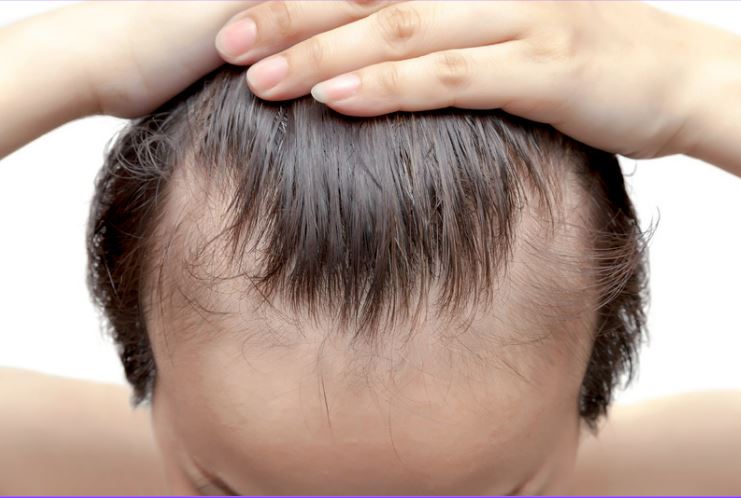Dr Mia Jing Gao
Consultant Dermatologist
Specialist expertise: Dermatology, General Dermatology, Hair Disorders, Skin Cancer, Acne, Rosacea, Eczema, Psoriasis, Lesion Removal, Pigmentation Disorders.
A certain amount of hair loss is normal. However, if your hair starts to thin or you are shedding considerably, you may need to see a dermatologist.

A certain amount of hair loss is very normal. However, if your hair starts to thin or you are shedding considerably, this might be an indication you need to see a dermatologist.
The medical term for hair loss is ‘alopecia’. There are various types of alopecia -which are described in the sections below. Loss of hair can either be diffuse (occurring from all over the scalp or body) or localised (occurring in one or a few sites). Alopecia might result in scarring, which then prevents regrowth.
Hereditary factors: Hair loss can run in the family as the hereditary condition called male-pattern baldness or female-pattern baldness. See androgenetic alopecia below.
Hormones: hormonal changes are the most common cause of hair loss. This can happen for a variety of reasons such as pregnancy, childbirth, using birth control pills, menopause or the use of sex hormones
Medical conditions or medication: medical conditions, post pregnancy or certain medications can trigger hair loss.
Autoimmune hair loss: alopecia areata is a condition where the immune system can cause patches of hair loss by incorrectly targeting it.
Inflammation from within the body can be directed at hair follicles also causing hair loss.
Symptoms of alopecia can include:
Treatment depends on correctly identifying the factors causing hair loss. Depending on the cause of your hair loss, your doctor will recommend different treatment to either to help grow back the hair that you have lost, or prevent it from getting worse. Treatments include supplements, products to be applied to the scalp, tablet medications and surgical options including hair transplantation.
Currently selected day
Available consultations
Causes
Hereditary factors, hormones, medical conditions
Symptoms
Hair loss
Treatment
Supplements, topical products, tablet medication...
By having a complete and integrated team of sub-specialty experts under one roof we ensure that patients are seen by the right consultant at every appointment. Our hair and scalp health specialists cover a wide range of dermatological conditions, and our dedicated allergy specialists are recognised leaders in their field.